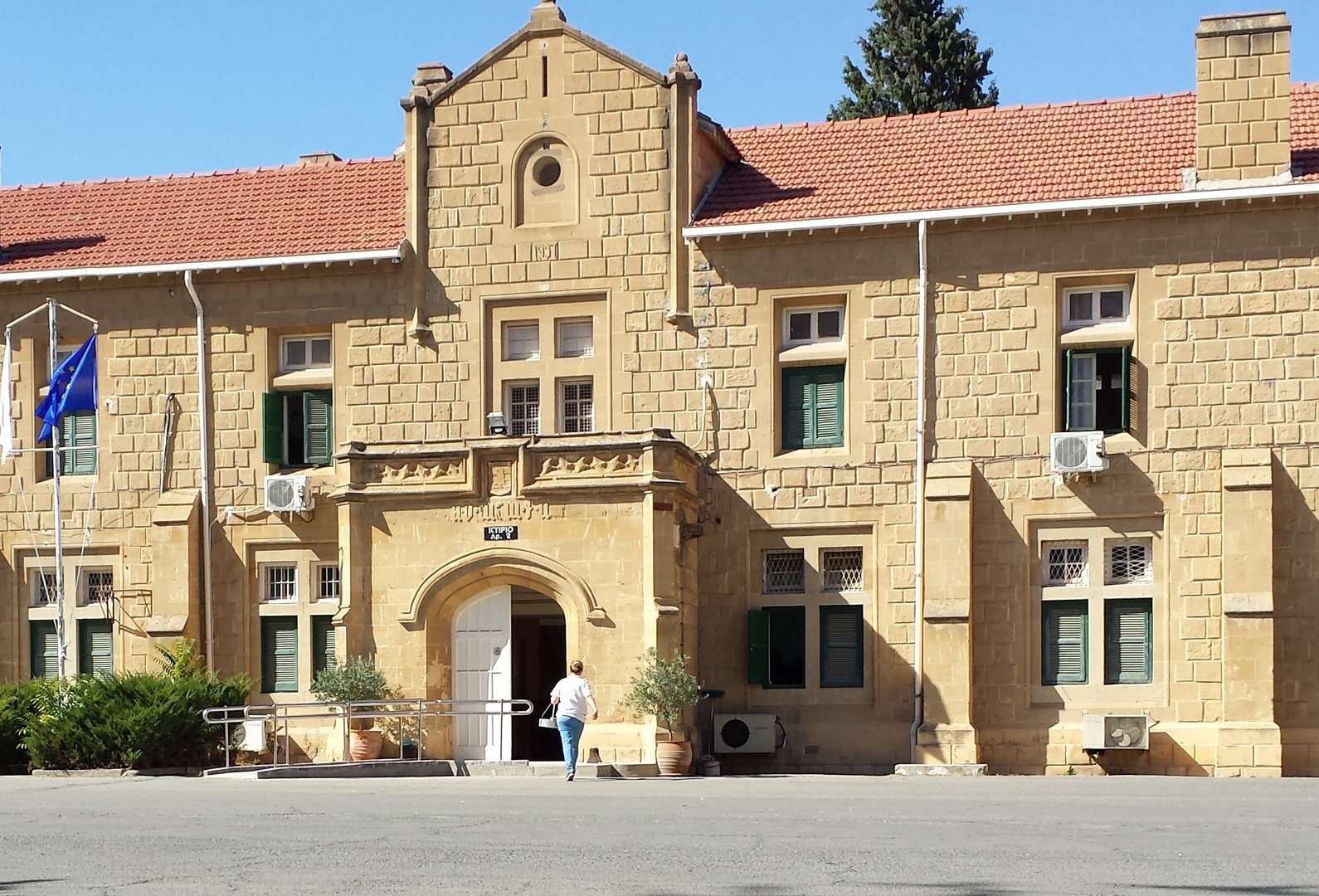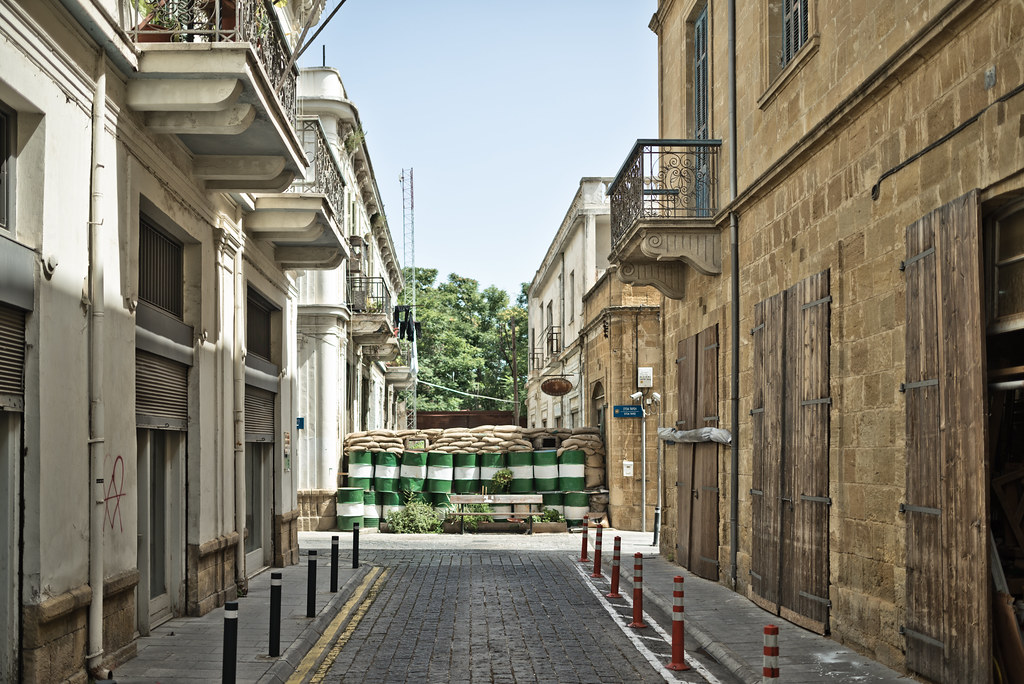The first part of testimony from the final prosecution witness on Wednesday shed fresh light on Cyprus’ controversial ‘golden passports’ scandal, linked to an undercover Al Jazeera investigation.
Former House president Demetris Syllouris and former MP Christakis Giovanis stand accused in the case. Both deny wrongdoing.
In Nicosia criminal court, state prosecutor Charis Karaolidou called Chrysostomos Christou to the stand. Christou is the police officer who led the investigation team into the citizenship-by-investment affair, which erupted after Al Jazeera aired a hidden-camera video in 2020.
Christou told the court that in October 2020, the Law Office received letters from the accused men complaining about Al Jazeera’s reporting. However, after the channel’s video went public, the Law Office instructed police to investigate potential criminal offences.
The prosecution submitted Christou’s written statement from August 24, 2022 into evidence. Defence lawyer Chris Triantafyllides, representing Syllouris, objected, arguing much of Christou’s statement referred to charges four and five, which have since been dropped. Triantafyllides warned he might raise concerns about an unfair trial later in proceedings.
Karaolidou pressed Christou on the scope of the probe. Christou explained that investigators examined all citizenship files linked to lawyer Andreas Pittadjis and Giovanis. His team ordered statements from other people allegedly involved.
When asked how Tony Kay featured in the affair, Christou testified that Kay initially appeared through the estate agency “Sold On Cyprus”. Further checks revealed business ties between Kay and the Giovanis Group in two passport cases, including one involving Nikolay Gornovski. According to Christou, Giovanis allegedly used his political influence to extend Gornovski’s residence permit. Christou also described examining a computer seized during the investigation. It contained emails and documents mainly about naturalisation cases. Some records, he said, suggested the accused exploited political connections to attract clients.
The court heard that investigators also reviewed material from Giovanis’ mobile phone. Christou confirmed that 16 photographs and 12 videos were chosen for evidence. These included images from an official trip to China in November 2019, attended by the accused. Triantafyllides objected again, arguing the China trip related to dropped charges. Despite defence objections, Christou said investigators selected further images of the accused with foreign investors, including one showing Giovanis with Gornovski in England, and another of Syllouris with Chinese business associates linked to Giovanis.
Inside the courtroom, Christou showed a photograph depicting the accused alongside Al Jazeera representatives and Tony Kay. He also played video clips showing Pittadjis, Gornovski, Kay and a British associate named Keith Hunter. Two other videos featured Chinese investors who had received Cypriot passports under the island’s investment programme. Triantafyllides renewed his objection, insisting these images were irrelevant to charges one, two and three.
Prosecutor Karaolidou countered that the material was already entered into evidence and revealed how the accused allegedly misused political office for personal gain. She argued that the testimony related directly to the actions of the investigating officer and reflected a clear pattern in how the accused operated.
Presiding judge Nicolas Georgiades said the evidence was relevant to show the police’s investigative steps. He added that other legal questions would be addressed at the end of the trial.
The court heard that police tried to locate Gornovski and eventually found him in June 2022. Gornovski initially began giving a statement but stopped on legal advice. He later provided a written declaration containing claims that, according to Christou, investigators considered unfounded.
Christou testified that Gornovski had purchased four properties from two companies in the Giovanis Group. His naturalisation application was submitted in January 2019 through lawyer Pittadjis’ office, accompanied by documents signed by Pittadjis and Giovanis.
Christou revealed that Pittadjis’ office emailed the interior ministry seeking a medical exemption for Gornovski from a specific residency condition tied to his permit. A month later, a second letter made the same request, but authorities rejected it.
In April 2019, the same documents were faxed from the speaker of Parliament’s office directly to the then permanent secretary of the interior ministry, Kypros Kyprianou. According to Christou, Kyprianou forwarded them the same day to a ministry official, Christina Kaoulla, leading to approval of the exemption request.
The trial continues, as the court considers whether evidence connected to dropped charges can remain on record.






Click here to change your cookie preferences